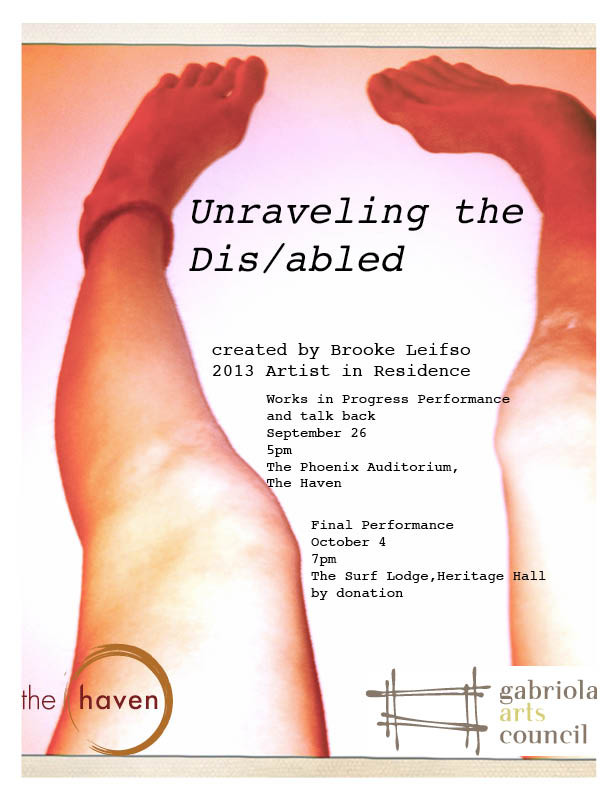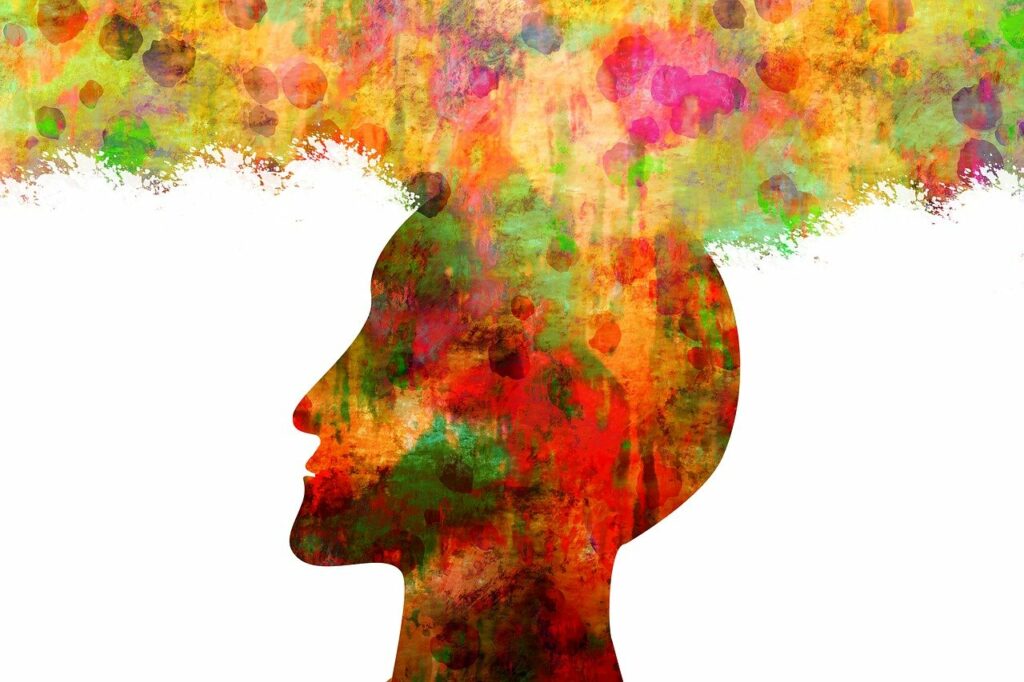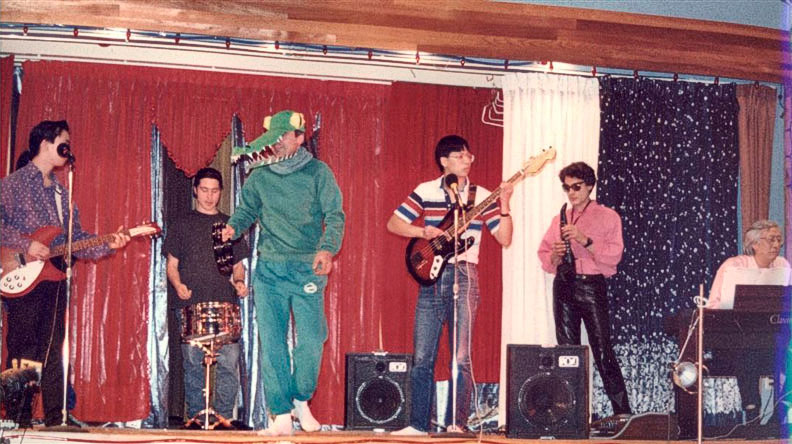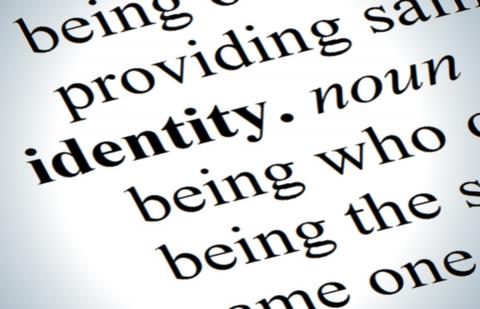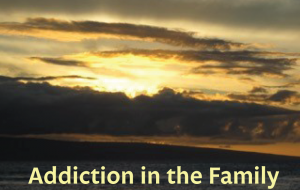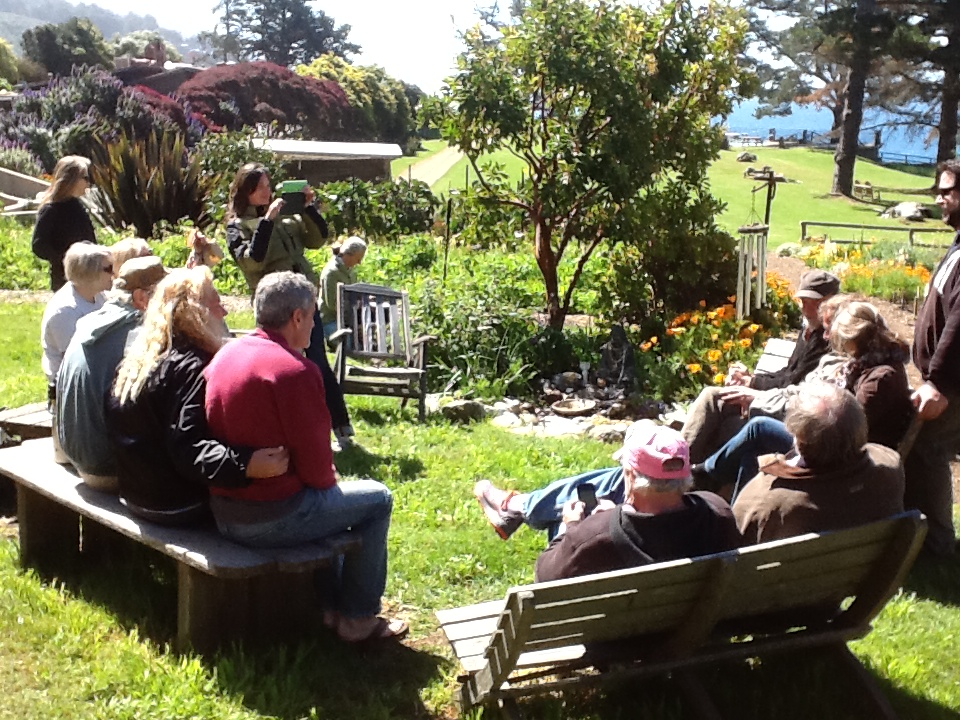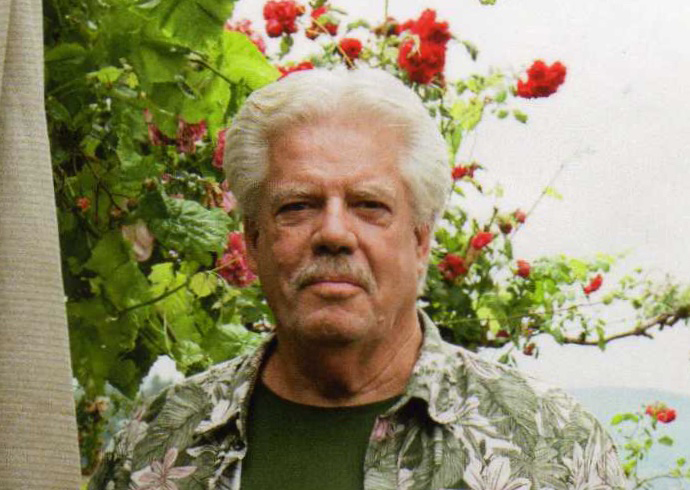Brooke Leifso: The Value of Performance
In my time at The Haven, I have furthered my belief in the value of performance.
I decided to use my time at The Haven and on Gabriola to use my art to process my personal relationship with my disability. For most of my life I have tried to ignore, or deny my disability. At my best, I managed it, “overcame” it or took in stride. This is the first time in my life I have settled and processed my disability from a proactive space.
It’s been interesting.
First – I examined. I filmed myself walking. I articulated all the awareness I had in my body: all the abnormality, the tight muscles and misaligned bones. I watched myself. I judged myself. Then, I really let it in. I corrected my posture, and planted my feet only if it felt appropriate. I processed the emotions, the self-consciousness, the shifts between what felt normal or not. It wasn’t as harrowing as I thought.
Next I examined particulars as they were brought up: shame, sexuality, childhood, intellectualism.
I let it all in.
It was like a coming out. Even writing it in my bio is a shift for me. This is the first time that I have pro-actively chosen to be public and upfront about my disability. It wasn’t mentioned as a challenge that needed to be put into consideration. It wasn’t needing to be brought up like in a yoga class when they ask if anyone has any injuries. It was stated like my gender or any other identifiers.
Each time I performed for even one person something began to happen.
At first it was tragic. I cried.
Then it got funnier.
I let the humour in.
Historically, I have been quite tight about my body. The whispers in University classrooms about “keeping my body still” caused great shame, anger, embarrassment. I either fought them with conviction or shrunk further in my own skin, making myself more invisible. This is my patterning. I don’t find my body publicly funny. I don’t make it something to typically laugh at. I don’t make myself a feast for able bodied eyes to pity or mock.
Each performance has brought more catharsis. It asks me to be in my body, in the moment and allow the joy in. With intentional audience, I can tell my truth, I can control the performance of my disability and gain agency from the looking eyes: “asking what’s wrong”.
I have found the humour. I am processing the pain, one performed step at a time. I encourage audience or blog readers to use it as their own processing canvas and allow all emotions to surface – but please ask yourself where those feelings come from.
Hope to see you out tonight
Unraveling the dis/abled
Oct 4
The Surf
7pm

